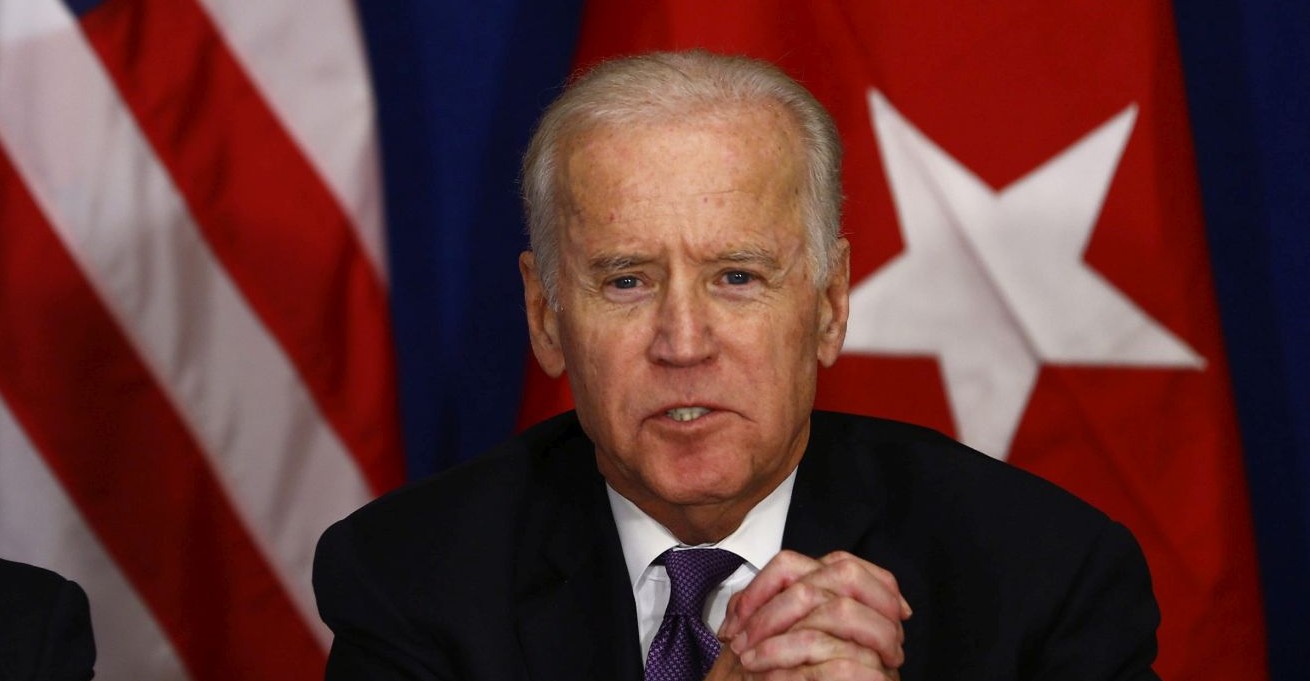Europe has given the Western Balkans the prospect of membership in the European Union. The continuation of the partnership between the European Union and the United States and close cooperation in this region is essential, especially in terms of facilitating the dialogue between Belgrade and Priština, according to the latest Brussels document proposing ways of transatlantic cooperation to the new US administration.
WESTERN BALKANS
The EU is asking Biden to work together in the Balkans
"Avaz" finds out: Brussels sent a proposal to the newly elected leader of the USA
Biden: A new political initiative. Archive
Ways for cooperating
European Union leaders have made proposals to US President-elect Joe Biden on priorities and ways to cooperate, including this region, emphasizing joint action.
"We must work together to support reconciliation, improve governance and push for key reforms," the Brussels proposal said.
Our shared commitment, they said, is key in a world where authoritarian forces seek to overthrow democracies, aggressive actors try to destabilize regions and institutions, and closed economies exploit the openness on which our societies depend, the report said. With regard to the Western Balkans, the EU reiterates that the emphasis should be on strengthening relations between Belgrade and Priština.
However, signals from the Biden administration suggest that engagement in Bosnia and Herzegovina will be strengthened. The response of the newly elected American president is still awaited, but what is clear is that, despite the proposal of Brussels, which does not bring anything that has not already been seen, there will be a change in the role of the international community.
Different interests
Political analyst Reuf Bajrović believes that EU-US relations depend largely on the issue of Chinese 5G technology and Russia's Nord Stream 2 project.
- The proposed agenda is the first step in the negotiations on obviously uncoordinated interests. The Balkans is one such issue - Bajrović said for "Dnevni Avaz".
Bajrović: The Balkans are a place of uncoordinated interests. Archive
He concluded that the first move of Biden's government regarding B&H would be to strengthen the OHR in the context of the Bonn powers. Regarding the relationship between the USA and the EU, he states that the role of Germany is extremely important here.
"Germany will obviously have to make some concessions in the Balkans to the United States and tighten relations with Russia, which has so far supported Germany," he added.
Europeanization of the Balkans
As we have learned, the Biden administration will certainly respect the will of Brussels to act jointly and in a coordinated manner in the Balkans, but the question is who will have the leading role in that. It is already known that all leading international initiatives after Dayton in B&H were joint and coordinated with the European Union.
Brussels, which has been trying to influence the Balkans through soft diplomacy and membership conditions for years, will now be joined by a robust American political agenda, which could be a crucial step towards the final stabilization and Europeanization of the Balkans.



